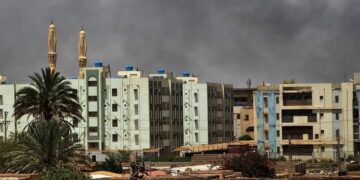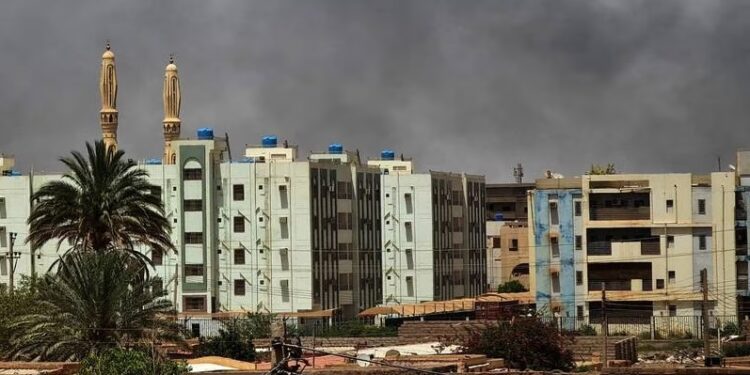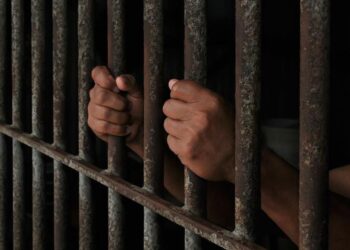As the sun rises over Sudan, the country prepares for the final day of a precarious week-long ceasefire that has been marred by frequent violations.
The truce, scheduled to conclude at midnight local time on Monday, hangs in the balance as both the army and the paramilitary Rapid Support Forces (RSF) contemplate the possibility of an extension.
The RSF has emphasized that the extension will depend on the army’s “sincerity and commitment,” casting doubt on the prospects for a continued cessation of hostilities.
Both Saudi Arabia and the United States have implored the conflicting parties to extend the ceasefire.
Their appeal is rooted in the urgent need to provide humanitarian assistance to the millions of Sudanese people who have been thrust into six weeks of relentless conflict.
The conflict erupted in mid-April between the military and the powerful RSF, two factions led by Gen. Abdel-Fattah Burhan and Gen. Mohammed Hamdan Dagalo, respectively.
The two figures were instrumental in orchestrating the 2021 coup that ousted Prime Minister Abdalla Hamdok’s Western-backed government.
Khartoum and the nearby city of Omdurman have since become the epicentre of the violence, but its impact has reverberated throughout the nation, including the war-torn Darfur region.
The toll of the conflict is devastating, with hundreds of lives lost, thousands wounded, and the nation teetering on the brink of collapse.
Over 1.3 million people have been displaced from their homes, seeking refuge in safer areas within Sudan or neighbouring countries.
Even as the ceasefire’s deadline looms, reports emerge of sporadic clashes resurfacing in Omdurman, accompanied by the sighting of military aircraft hovering over the city.
Similarly, fighting flares up in al-Fasher, the capital of North Darfur province.
After more than five weeks of relentless fighting, the conflict has reached what observers describe as a stalemate.
Neither side has been able to secure a decisive victory, prolonging the suffering of the Sudanese people.




































